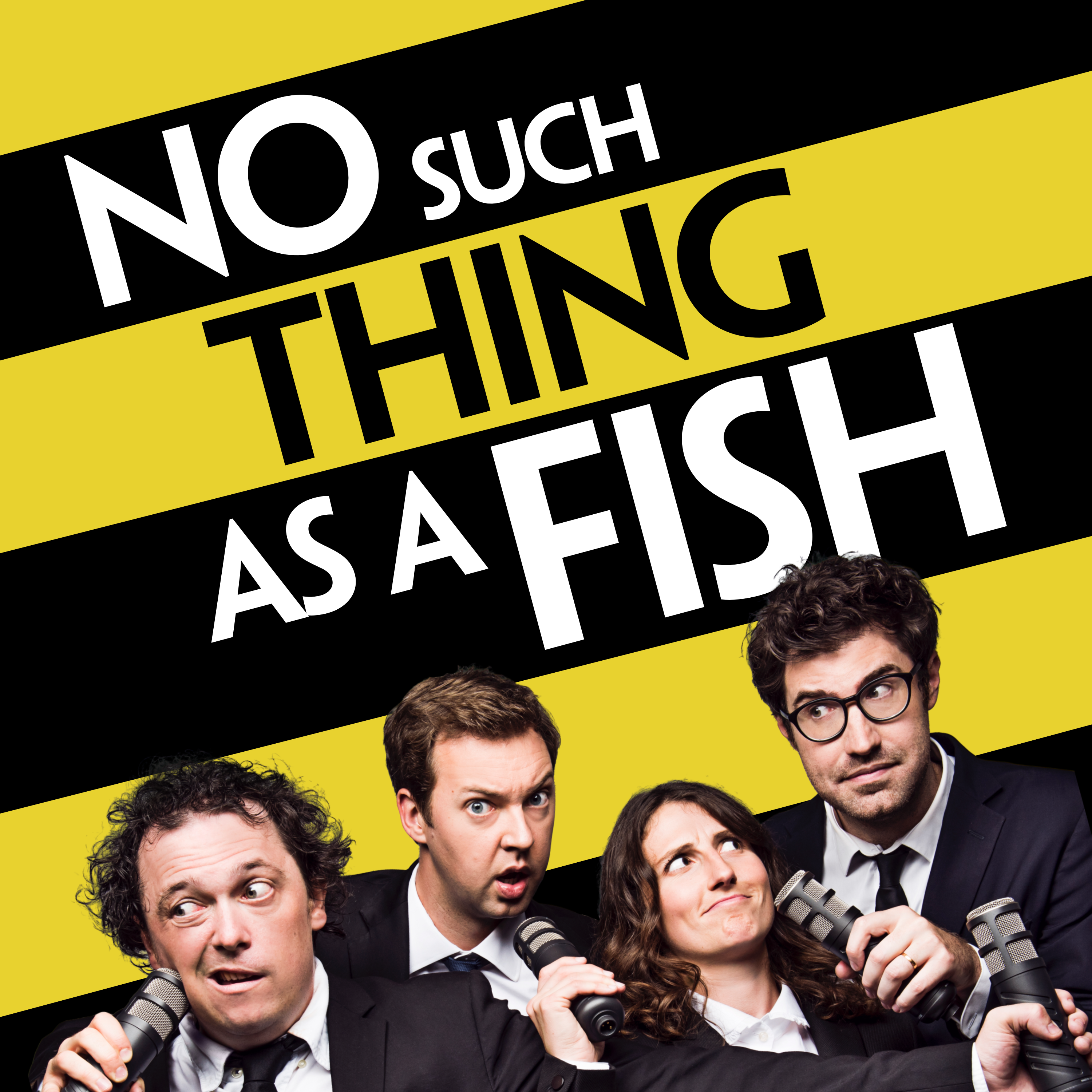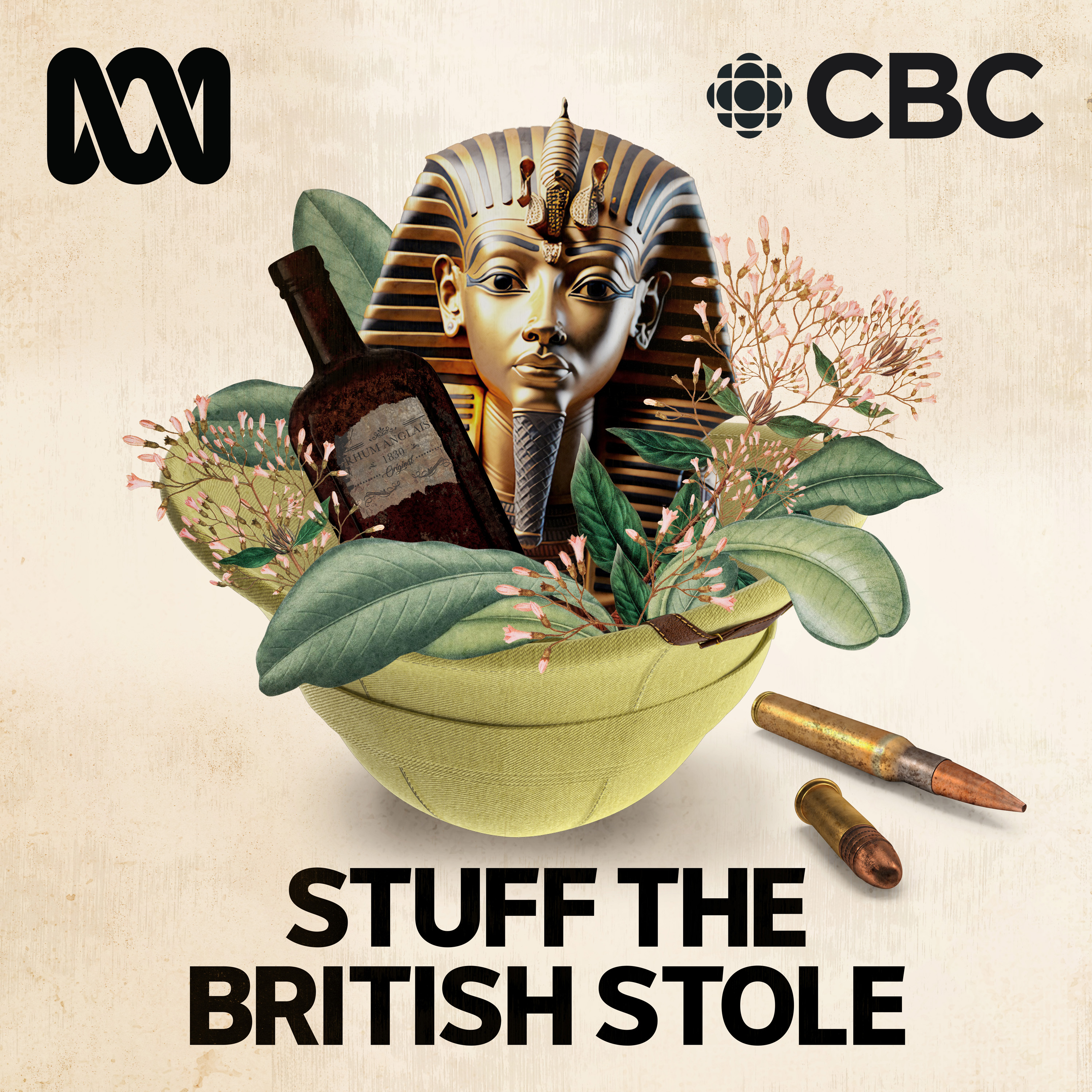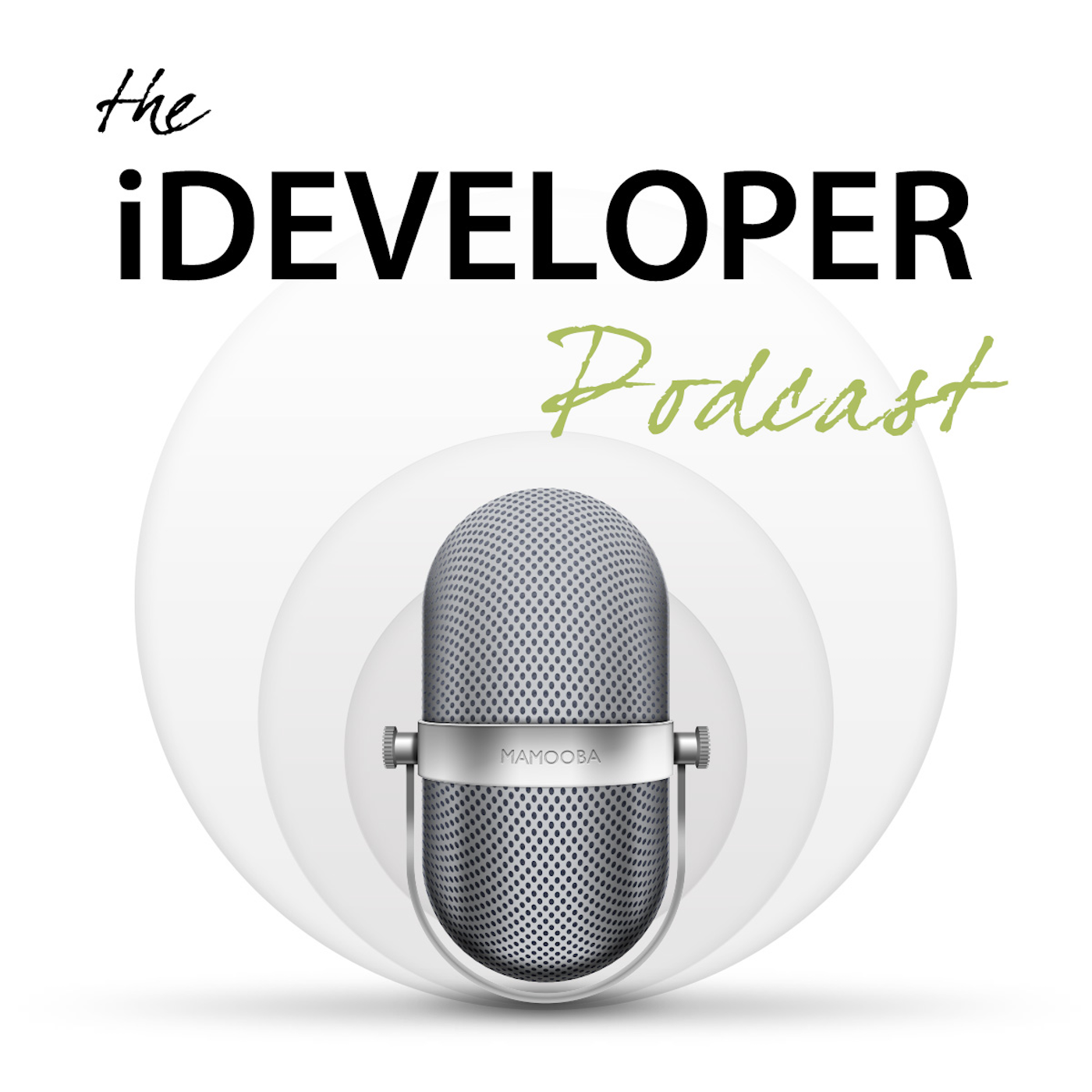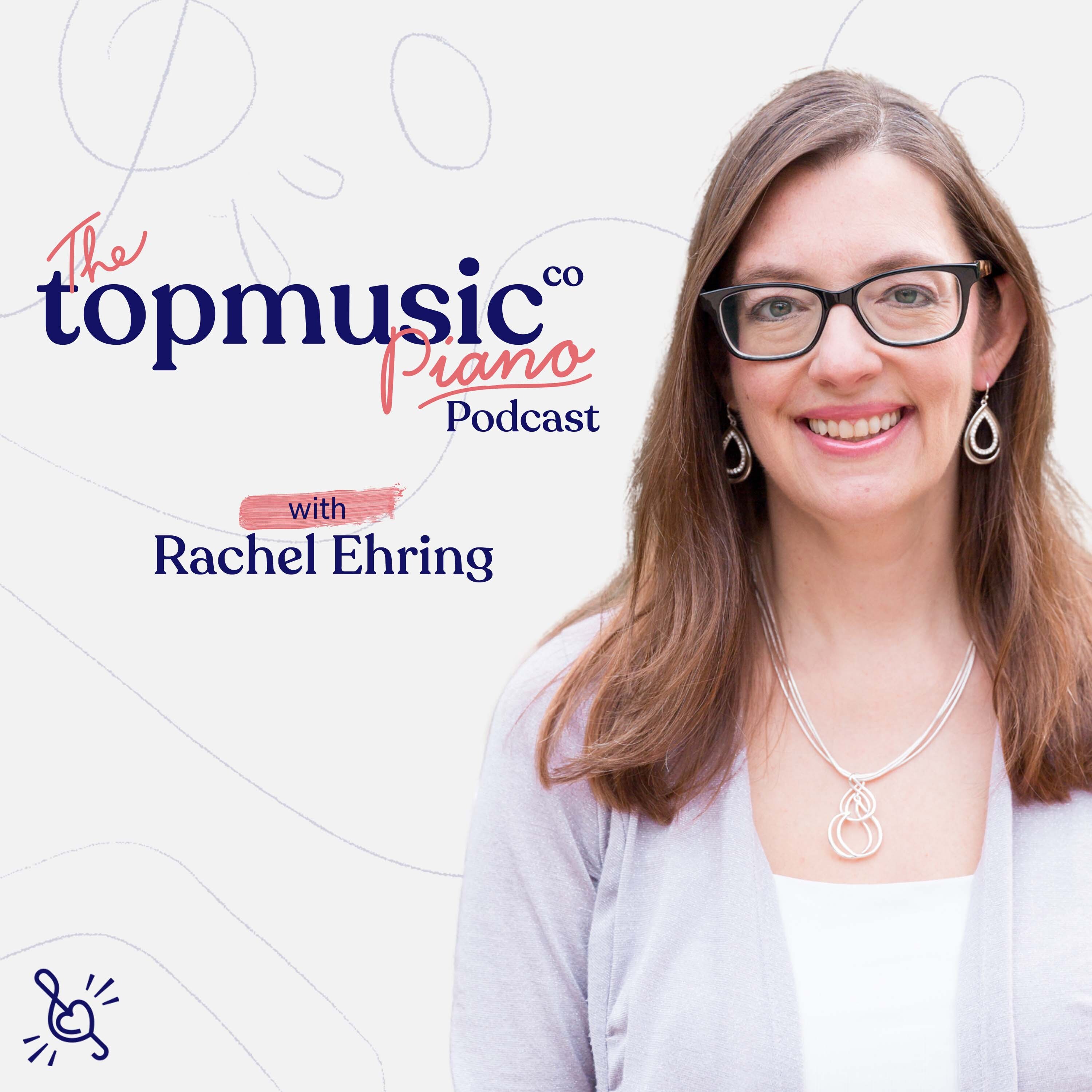
Piano, finally
Piano Finally is a podcast by an old bloke who is learning the piano, finally. I cover the process of learning the piano and music theory as an adult learner. I also review piano books, hardware and other materials from an adult learner's perspective.
Piano, finally
Episode 46 - Get Out
Use Left/Right to seek, Home/End to jump to start or end. Hold shift to jump forward or backward.
G’day everyone, and welcome to Episode 46 of Piano, Finally!
This week, I’ve been thinking about all the unexpected doors learning the piano opens — doors that aren’t always about the piano itself.
On ANZAC Day, I joined the Hawkesbury District Concert Band as a bus driver for the Sydney march. It was a real privilege to be part of an important community event alongside students and local musicians.
If you’ve been following the Chopin competitions this year, good news — the preliminary rounds are now streaming live from Warsaw! Introductions are in Polish and English, but of course, the music transcends language. If you’d like to catch some incredible performances, here’s the link to the first session:
👉 Watch the Warsaw preliminary rounds
Also, if you're curious about music theory (with a twist of science and art), I recommend The Meta in Music lecture series by Professor Milton Mermikides. It’s based loosely on Gödel, Escher, Bach by Douglas Hofstadter and brings Bach's puzzles and musical secrets to life. It's well worth a look — here’s the link to the first lecture:
👉 Watch The Meta in Music
In this episode, I also talk about why it’s worth making the effort to attend smaller, local concerts. From feeling the vibrations of cellos and pianos at arm’s length, to having the chance to chat with performers, small venue performances really reconnect you with what music is meant to be — human, shared, and vibrant.
Finally, I share my experience at the Megalong Music Festival. Set in the beautiful Megalong Valley in the Blue Mountains, it was a spectacular celebration of chamber music, community, and brilliant young musicians.
If you’d like to learn more about the festival or get involved next year, you’ll find more information here:
👉 Megalong Music Festival
Thanks for joining me again. If you’re learning an instrument yourself, I’d love to hear from you!
Until next week, I hope your piano stays in tune and you enjoy your time at the keys.
🎹 www.pianofinally.show
📧 david@pianofinally.show
You can contact me:
- via email at david@pianofinally.show; this is probably the best option
- the show website, www.pianofinally.show
- Instagram and Threads @pianofinally
- and on YouTube
- all the podcast directories - list
- here's the RSS feed
Some of the links to books and other items mentioned in the podcast may affiliate links for Amazon or other providers. If you use one of these links, a commission may be paid to me at no additional cost to you. Thank you if you use a link.
All reviews of products, websites and services are unpaid, and no sponsorship has been received for any content on this podcast.



Episode 46 – Get out
G’day, everyone. I’m David Reidy; welcome to Piano, finally, a podcast by an old bloke who is getting around to learning the piano, finally.
[Crab Canon]
Welcome
Welcome to show forty-six. Thank you very much for joining me. If this is the first time you’ve listened to the podcast, I hope you enjoy what you hear. If you’ve returned for another episode, then thanks. If you’re learning the piano or another musical instrument, let me know how you’re going with it. You can contact me at david@pianofinally.show.
Again, this week there has been a lot of music. It got me thinking about all the opportunities that learning the piano has opened up, that have very little to do with actually learning the piano. The first of these happened on Friday. I met up with a concert band. Friday was ANZAC Day, the national day of remembrance for those who have served Australia in the armed forces and who did not return. In Sydney, there is an annual march for veterans and serving military, and many community groups support the march.
One of those groups is the Hawkesbury District Concert Band. Each year the school I work at supports the band by providing a bus and bus driver to get the group to and from the city, this year, I was the bus driver. It’s a brass and woodwind marching band, and twenty-four members participated in the march, including some of my students from school. The ANZAC march is an important community event, and it was enjoyable to be part of it in some small way.
If you remember back to earlier this year, I spent a bit of time watching the 11th National Chopin Piano, which is one of the qualifying events from the International Chopin Competition. Well the other preliminary rounds are now being held in Warsaw and they are being streamed on YouTube, so you can catch them. The introductions are in both Polish and English, and of course, the music is accessible to everyone transcends language. I’ll put a link in the show notes to the first video in the series.
https://www.youtube.com/watch?v=De-QXIBWSIU&t=567s
[Crab Canon]
YouTube – The Meta in Music
I mentioned in the first episode of the podcast that one of the reasons I became interested in music theory was from reading Godel, Escher, Bach: An Eternal Golden Braid by Douglas Hofstadter when I was at university. I’ve read the book a few times now, and a while back, I found a set of lectures entitled The Meta in Music on YouTube. There are six lectures in the series presented by Professor Milton Mermikides.
Dr Mermikides is Professor of Music at the University of Surrey, amongst other qualifications, and he is a composer for and performer on the guitar.
The lectures in the series are based loosely on the material in the Hofstadter book, starting with Bach and looking at the relationships between music, science and art. Each of the examples is clearly explained and uses video in a way the book couldn’t. A recording of the music accompanies each of the musical examples. Combining this with the on-screen score or other illustration and following Hofstadter’s reasoning with Mermikides’ explanations is quite straightforward. I’d still recommend reading Douglas Hofstadter’s book as well.
The first lecture looks in detail at Bach’s work, in particular the music that arose from his interactions with King Frederick II of Prussia, the interactions that resulted in Das Musikalische Opfer. It also looks at Bach’s penchant for including puzzles and clues in his music and how, luckily for him, the German system of notes includes H, so he was able to spell his name in his music.
The following lectures get a bit more mathematical, exploring isomorphisms and other concepts, but if you’ve made your way through Godel, Escher, Bach, you won’t have any problems.
If you’d like to spend some time thinking about music in a very different way to when you’re playing it, I’d suggest watching Dr Mermikides videos, there’s a link in the show notes.
https://www.youtube.com/watch?v=O_rZSBWJdZw&pp=ygUTdGhlIG1ldGEgaW4gbXVzaWMgMQ%3D%3D
[Crab Canon]
Essay – Get out
One of the disadvantages of being a piano player is that it is almost impossible to travel with your instrument. Not that that is necessarily a bad thing. Clearly, violinists, guitarists and piccolo players have it easy; their instruments are easily transported. But the idea of trying to get around with a double bass would be enough to put me off learning to play one. So, as a pianist, I avoid the problem altogether, it’s “have instrument, won’t travel”.
But, I’m not a performer, and I don’t see needing to travel to perform as an immediate problem. I am, however, very much in favour of travelling for music.
I live just outside Sydney, the largest city in Australia, and so it’s a pretty good place to be when it comes to having access to music. For reference, if Sydney were in either the United Kingdom or the United States, it would be the second largest city, only London and New York have more people.
The Sydney Opera House is a two-hour drive from home, so I’m used to travelling at least for a short while to get to a concert. It’s a bit different from when I could see the SSO by walking to the end of the street where I lived, back before the Opera House was completed. But I think we should all get into the habit of getting out to see some music. Especially if getting out involves travelling to smaller communities, there are some real advantages.
A concert at a world-class venue is a highly managed affair. The concert hall at the Sydney Opera House seats over 2,500 people, with an average ticket price of around $100, this means that each concert represents a turnover of around a quarter of a million dollars. With that sort of money in consideration, I doubt much is left to chance. The whole experience is tightly controlled, there is security for both the patrons and performers, and a strict separation of the two is enforced; for example, there is no way to get directly from the seating in the concert hall to the stage.
Because of the security, there is little chance of bumping into a performer or getting close enough to get a really good look at what they are doing. Although my concert tickets for the Sydney Symphony Orchestra are quite good, and on the left of the auditorium, there is not much chance of picking up any hints from watching a pianist perform, as they are just too far away. But that’s at a big venue. What about smaller spaces?
I have recently attended three performances in much smaller spaces, and each was a very different experience. At one of the concerts, I was close enough to read the score that one musician was using, and being that close to the other acoustic instruments meant that not only were they audible, but it was possible to feel the vibrations from the cello and piano. At the Armidale performance, I could hear not only the piano notes, but also the mechanical noises from the piano keys as they were pounded for the Anton Rubenstein piece that was being played. At the Bell Shakespeare Company reading of King John, held in a much smaller venue than their usual Sydney Opera House location, I was only a couple of metres from the actors and could see the markings they had put on their scripts.
Being in a small venue also gives you the opportunity to meet the performers. In the case of the concert in the Megalong Music Festival, off stage meant walking to the side of the hall; there were no wings or backstage, so the performers were happily talking to any audience members who wanted a chat.
As a lot of music is meant to connect people with each other, I think these smaller venue performances really add to the experience. If we remember that much of the classical repertoire was written to be played in the home or small private venues, not massive concert halls, then surely these smaller performances are closer to the composer's intention.
The other nice thing about these small concerts is the opportunity to let the musicians know their efforts and hard work are appreciated. Applause is nice, but it’s rather impersonal; even a brief comment to a performer, whom you are much more likely to run into at a small venue, would have to be worth more than simply clapping.
So, get out and find some local, small venue events, perhaps explore some musical genres you don’t usually go to. Getting out to performances also provides some financial support to your local musicians, and everyone with any connection to artists knows how hard it can be to make a living making Art.
[Crab Canon]
Review – Megalong Music Festival
After I had finished writing the script for the podcast, Saturday a week ago, I did a quick internet search to see if there were any music events happening over the next week, as being on holidays I had some time to attend. The first one that popped up was the Megalong Music Festival, and it was already happening. It was a three-day festival spanning Friday to Sunday over the Easter Long Weekend, and it was less than half an hour from my house. It was also in one of my favourite places in all the world.
For those of you who don’t know the Blue Mountains well, the famous features such as the Three Sisters and Mount Solitary are in the Jameson Valley; the next valley to the west is the Megalong Valley. It’s not called “Megalong” because it is particularly long, but its name is derived from the indigenous language and means “valley under the rock”, and when you get there, you see why. Along the eastern side of the valley, a four-hundred-meter-tall escarpment separates it from the Jameson Valley. The drive down from the village of Blackheath is one of my favourites too, the road is narrow and you need to be careful, but the environment is incredible. If you ever find yourself in the mountains, it’s worth visiting the valley just for the drive in.
The valley itself is rural. There are several farms, a very nice tea room, and a community hall. The music festival took place in that hall. This is not a hall built as a concert venue; it was built as a hall, and it accommodates the local pony club, amongst other things. It’s made of concrete blocks and has a tin roof. It does have a wooden floor strong enough to support a grand piano.
The music festival has an associated fellows program, which involves young musicians working with established players over the course of a week. This is set around their chamber music mentoring program, the idea being to give young Australian musicians the chance to work with world-class musicians without having to leave the country.
There were three concerts in the series, but I only found out about them as the second one was starting, so I could only attend the Sunday lunchtime concert. I was speaking with one of the organisers who said that the Sunday concert was the lighter one, the bigger works having been performed on Friday and Saturday evenings. It didn’t matter; the music was great.
The program consisted of some Beethoven, a four-hand piece by Arthur Benjamin, a Schubert piano trio then a piece by Australian composer Anne Cawrse based on the music of Fanny and Felix Mendelssohn. Each of the pieces was introduced by one of the performers outlining the origin and importance of the piece, and just like the lectures before the SSO concerts, these introductions are a great enhancement to the performance.
The concert ended with a cello and piano duo by Fanny Mendelssohn and then Felix Mendelssohn’s String Octet in E♭ major. The octet was pretty spectacular, with the six young performers joined by two of the mentors. This is where having a concert in a small venue is special. I was sitting in the front row on the left-hand side to get a good view of the keyboard, and when it was time for the octet the first violist was standing close enough that I was able to follow along with the score on his music stand. Sitting that close to the musicians throughout the concert was pretty special.
There are plans to repeat the festival next year, but this is very much up in the air, as this year it was entirely run by donations and volunteer labour. Fundraising and looking for a generous sponsor are starting already, and I’m really hoping that it all comes together, as it was an excellent concert in a spectacular setting.
The show notes include a link if you’re interested in the festival or would like to be involved in the 2026 edition.
https://www.megalongmusicfestival.com.au
[Crab Canon]
Closing
The next episode will look at a little bit of equipment I have added to my collection. It has dramatically improved my enjoyment at the keyboard, but I’ve only had a brief time to play with it so far, so I’ll hold off until next week when I’ve had a bit more time with it.
If you’d like to contact me, email is the best way. You’ll find me at david@pianofinally.show and the website at www.pianofinally.show. In both cases, pianofinally is all one word. The show is also on Instagram and available as audio-only on YouTube. You can subscribe via any popular iOS or Android podcast application or from directories such as Apple Podcasts, Spotify, or YouTube. I also post an excerpt and link for each episode as an Instagram reel.
If you’re learning an instrument, let me know where you are in your journey. What’s going well, and what are the challenges?
So, until next week, I hope your piano stays in tune and you enjoy your time at the keys.
[Crab Canon]
Progress
Andrew Craggs’ pieces Afternoon Snooze and Blackout Blues are still on my improving list, so they are in this week’s progress session, as is the arrangement of Der Vogelfänger bin ich ja from Mozart’s Die Zauberflote. It is still only the first four bars of the Mozart, but I have been using it as the test piece for testing keyboard sounds, so it’s getting a lot of work. Hands together is still proving tricky, however.
The pieces were recorded using the Kawai NV10 as the keyboard and Pianoteq 8 on the M4 Pro Mac Mini, emulating the Bösendorfer 280vc piano in Concert mode.
[Practice pieces]
Podcasts we love
Check out these other fine podcasts recommended by us, not an algorithm.

Connected
Relay
Upgrade
Relay
No Such Thing As A Fish
No Such Thing As A Fish
We Can Be Weirdos
Global
Stuff The British Stole
ABC and CBC
The iDeveloper Podcast
Steve Scott (Scotty) & John FoxRaven On: A Pop Culture Podcast
Natalie Bochenski & Stuart Layt
Smart Enough to Know Better
Dan Beeston & Greg Wah
TopMusic Piano Podcast
Tim Topham
The Chopin Podcast
Garrick Ohlsson and Ben Laude
